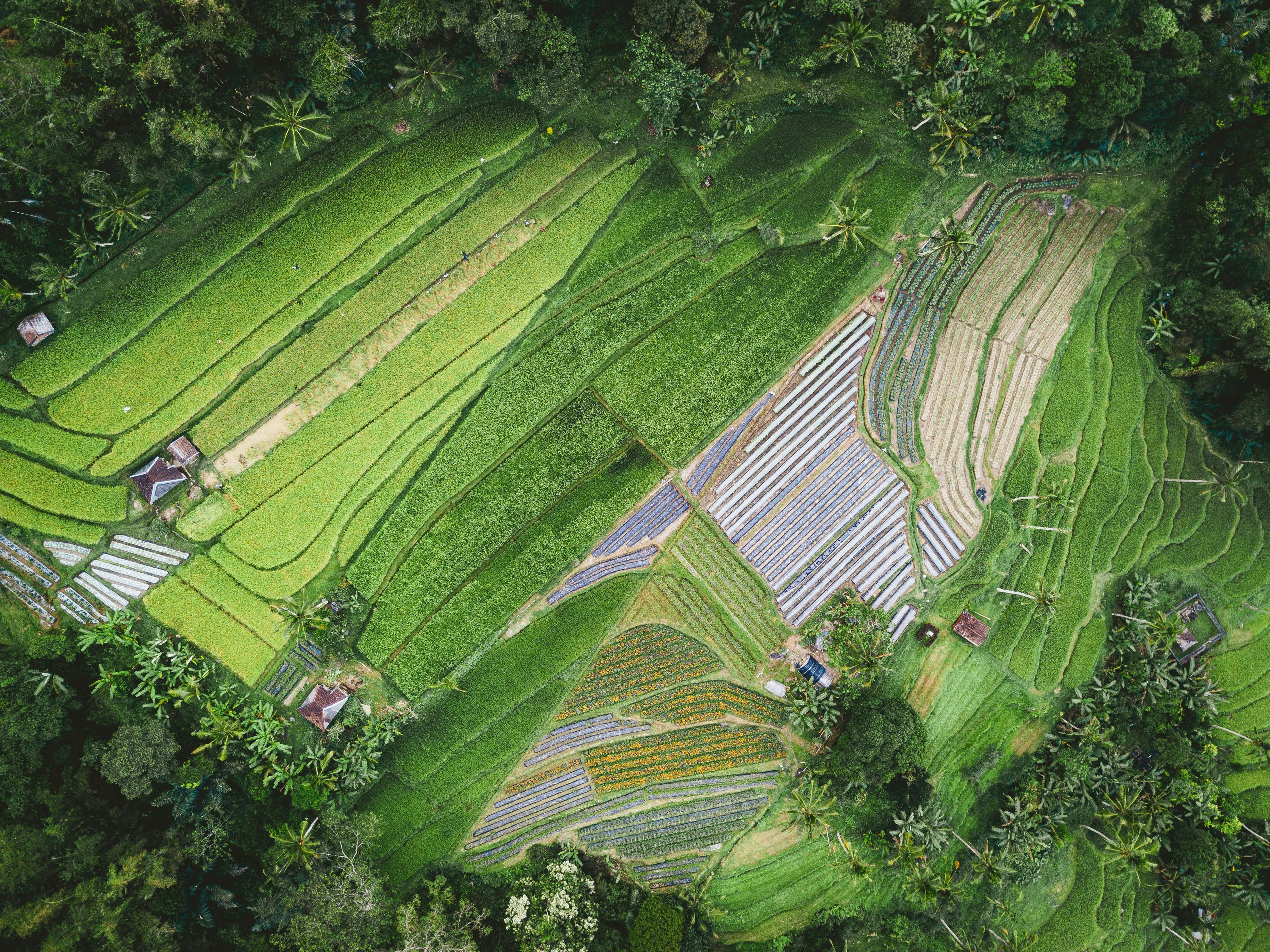
RE:thinking Food
It has been estimated by UNFAO that food is responsible for one third of all global emissions. Our current linear food system is causing damage from farm to fork – but there is another way forward.
The good news is that food can be part of the solution to the climate crisis. Regenerative farming practices allow us to produce food at the same time as regenerating ecosystems and removing carbon, and innovations are being devised to tackle the issue of food waste across the value chain.
Discover insights from the industry leaders, experts, businesses and producers redesigning our food systems from the ground up.
Decoding Soil Diversity
Soil contains an abundance of diversity that's not visible to the naked eye. To support these ecosystems, we need to take a closer look at what's happening below the surface. Watch our interview with Michelle D'Souza from McCain Foods to discover how.
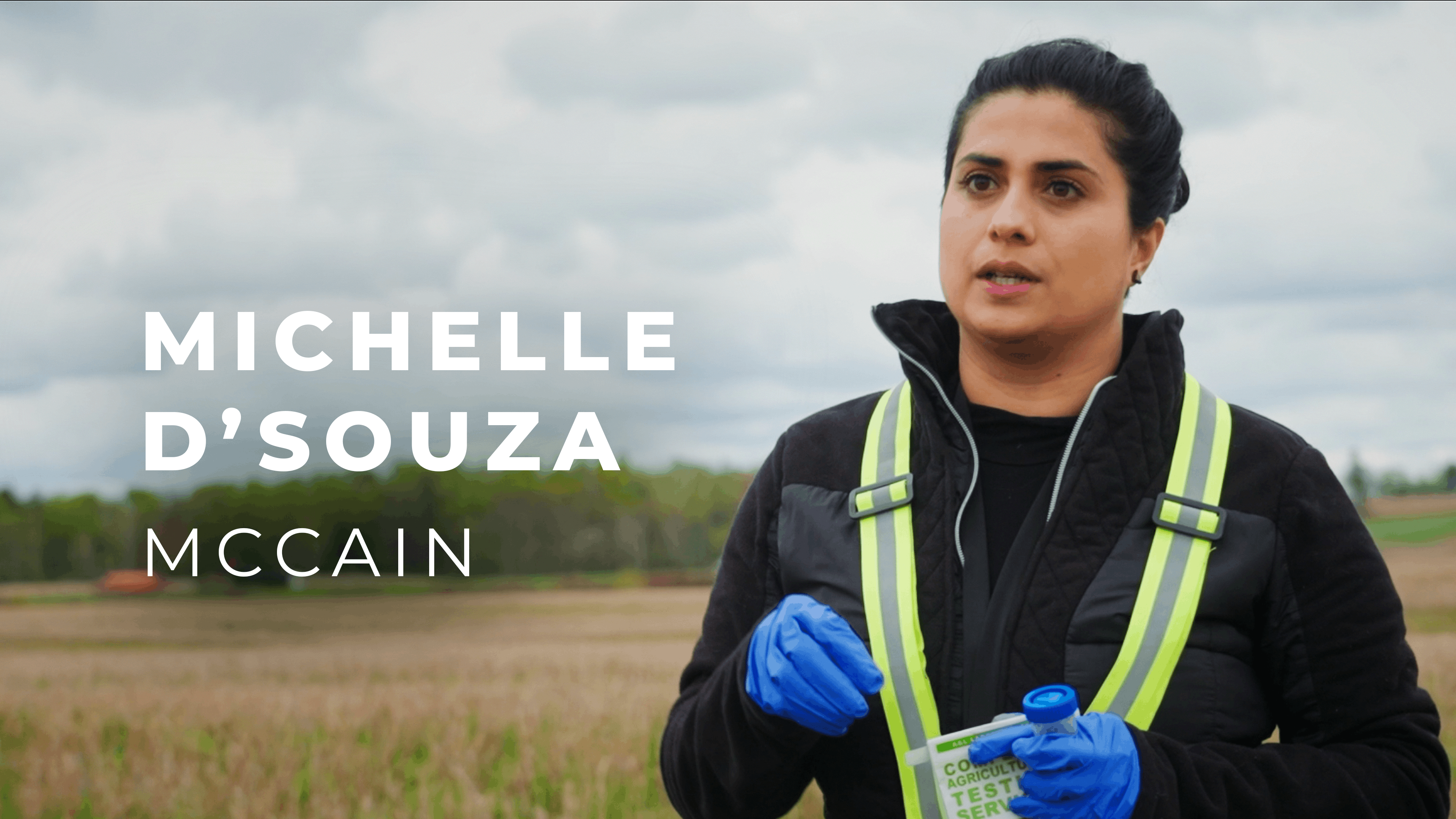
Food Waste
The innovations reducing food waste across the value chain
Transforming Our Food Systems
What does a nature-positive agricultural system look like? In this film, founder and CEO of Sustainable Food Trust, Patrick Holden, shares his vision for the future of food. By utilising regenerative practices and working in harmony with nature, farming can shift from being part of the problem and become part of the solution.
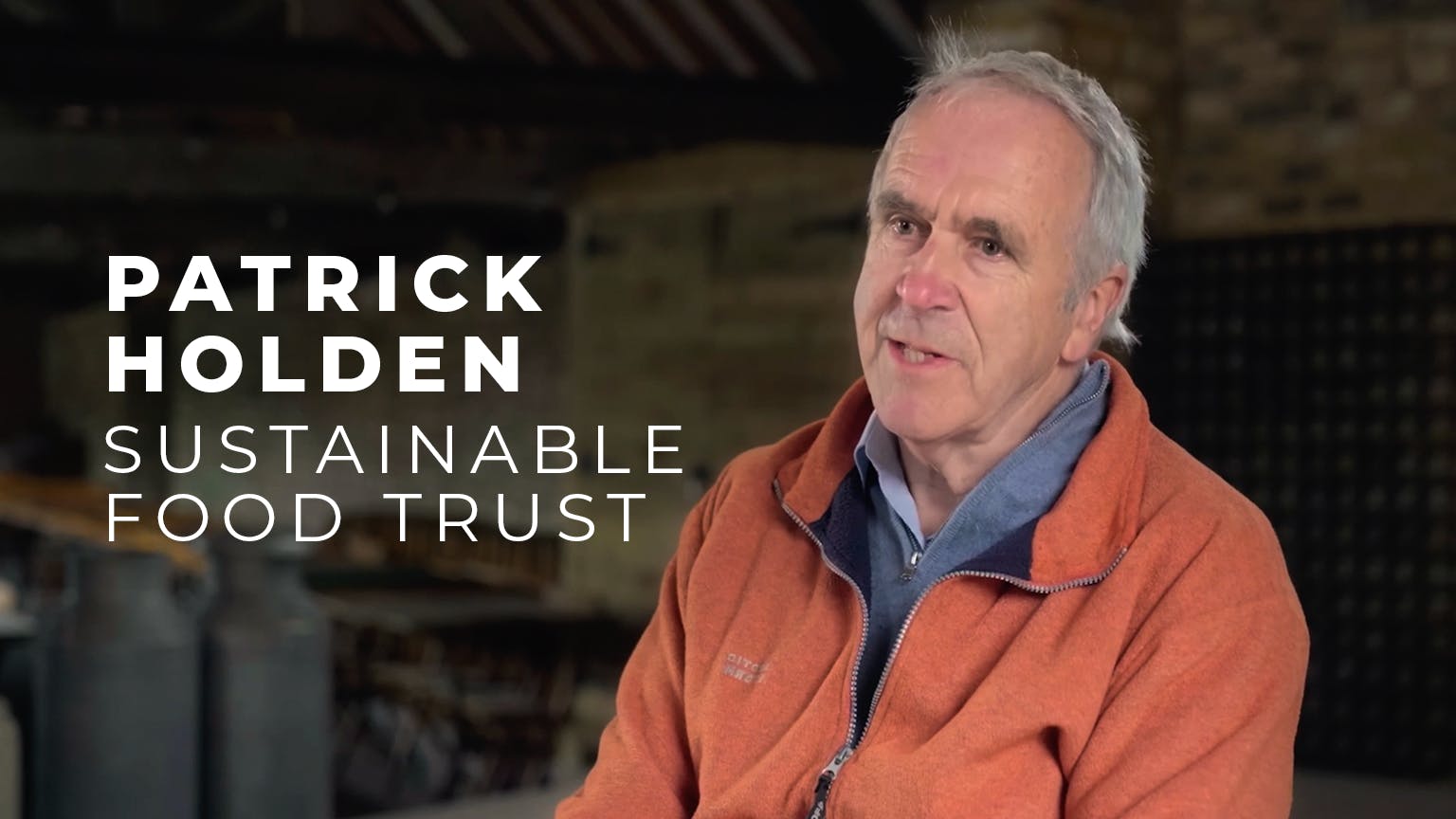
Regenerative Agriculture
Reducing emissions and restoring ecosystems with regenerative farming practices
Replenishing The Soil
While synthetic fertilisers can bring short-term gains to farmers, they deplete soil health, and are both expensive and carbon intensive. An alternative solution is needed. SAFI Organics have created a fertiliser that is low-emissions, low-cost, and circular in nature. Watch the case study film to learn more.
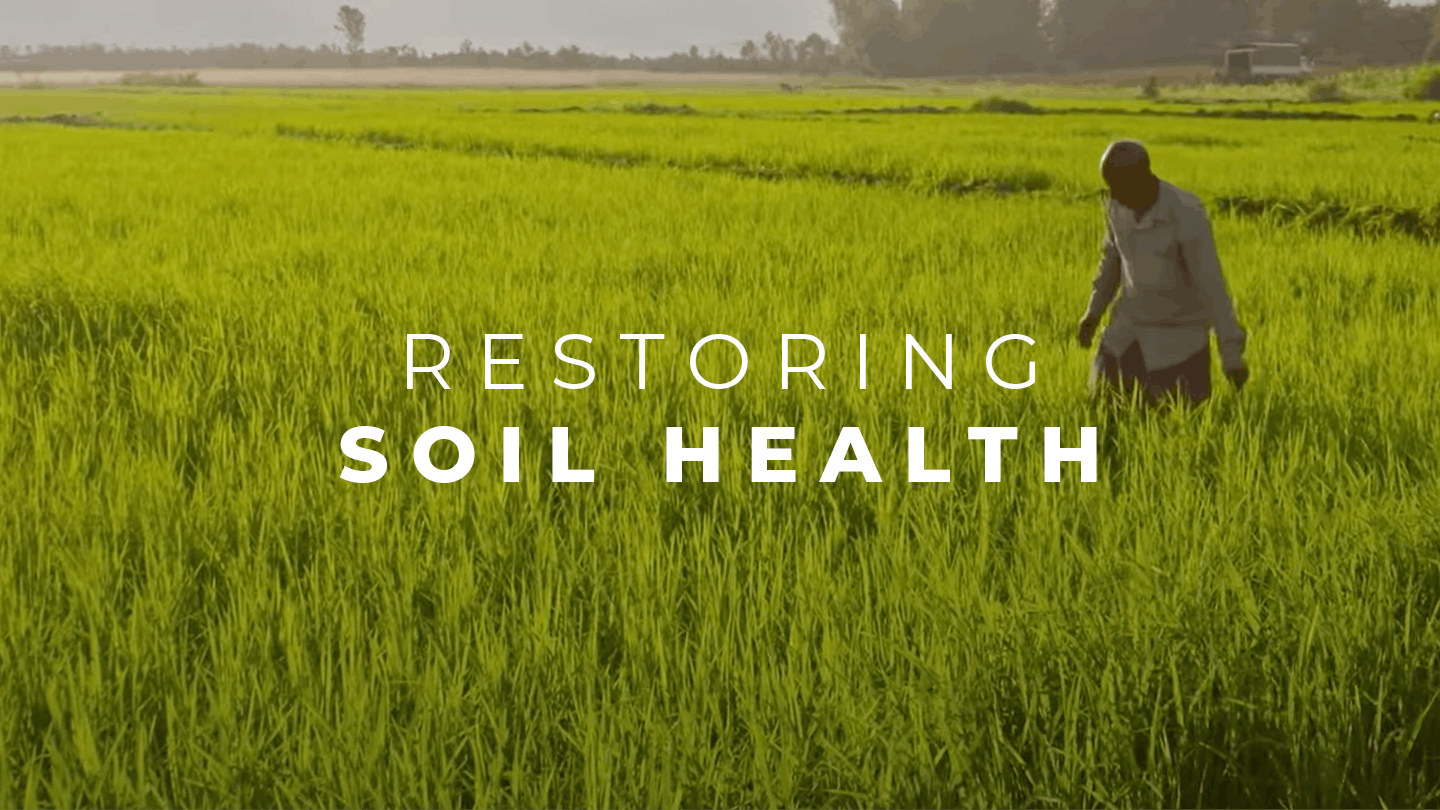
Innovations In Agriculture
Ideas and technologies that are rebuilding resilient food systems
The Big Food Redesign
The Big Food Redesign reimagines a food system that is pro-nature and inherently low waste, two key components of a circular economy. This 2021 report makes the case for a circular food system by illustrating the environmental, economic, and yield benefits that outweigh those achieved by better sourcing alone.
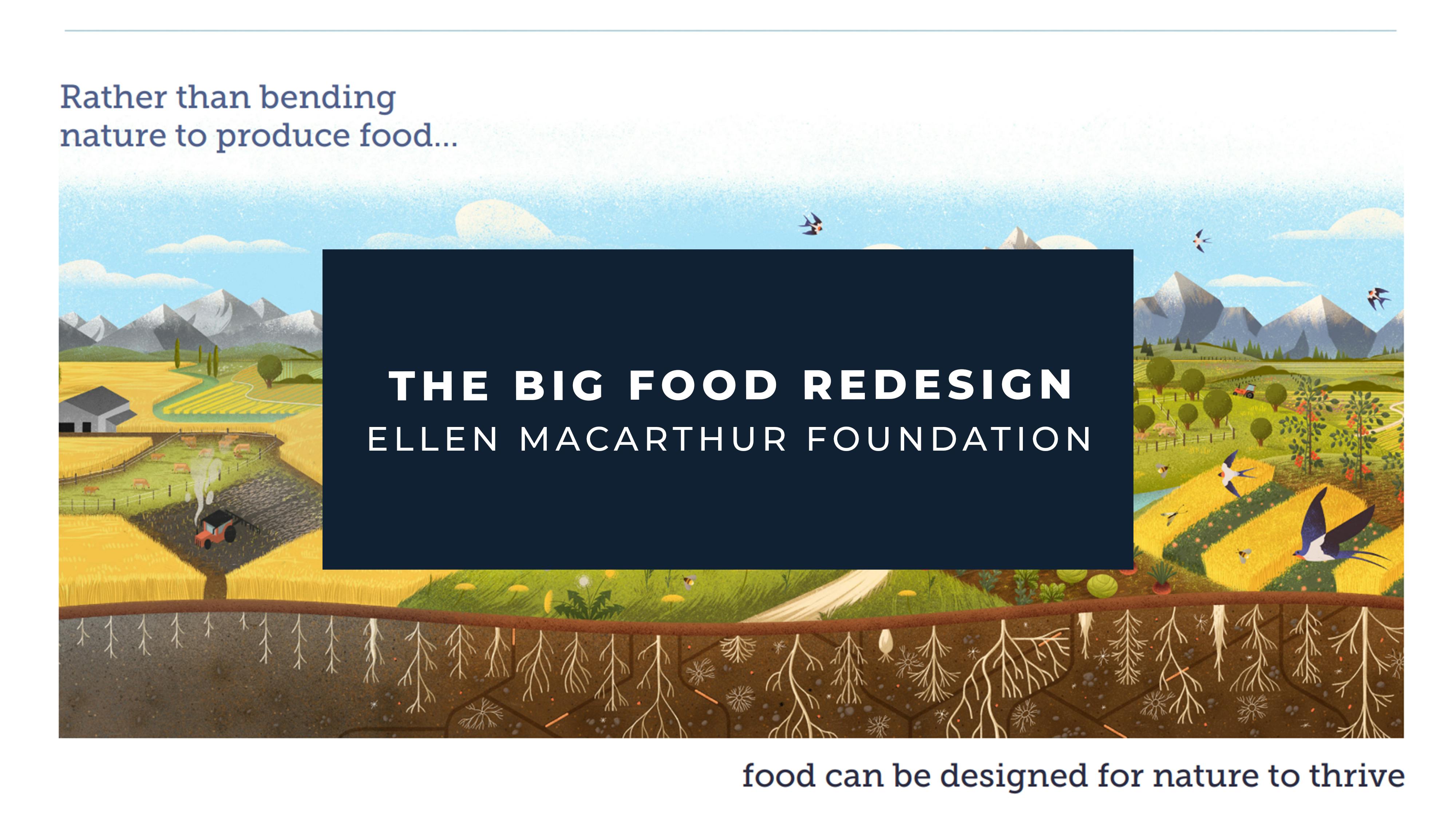
Reports And Insights
Thought leadership from members of the Sustainable Markets Initiative













































